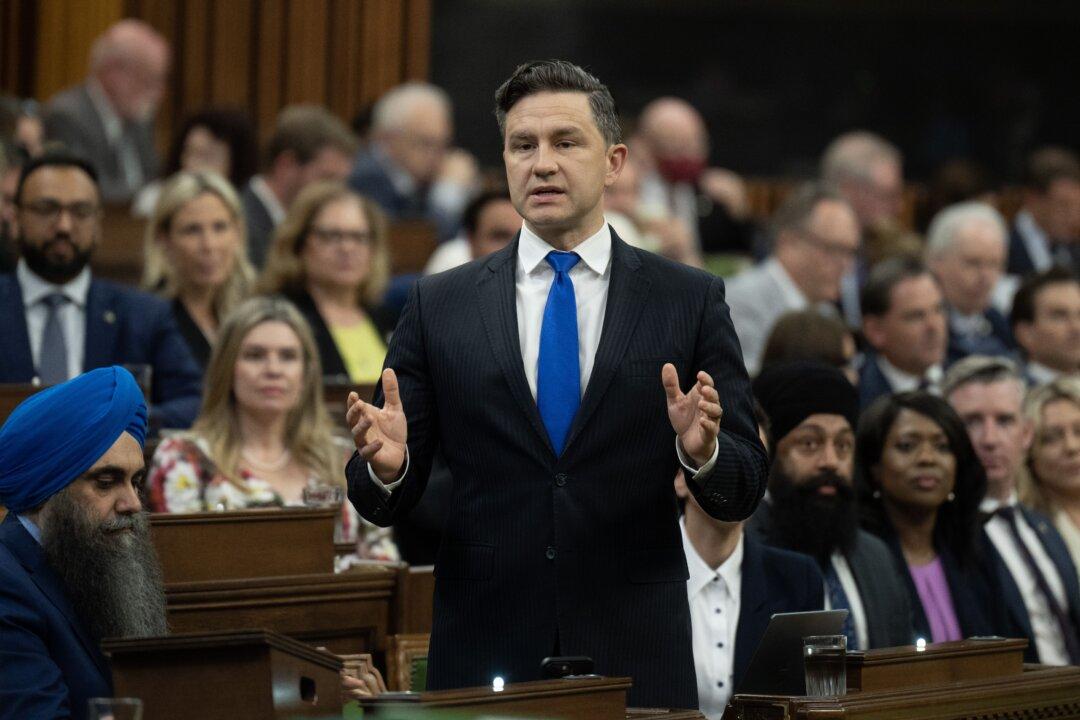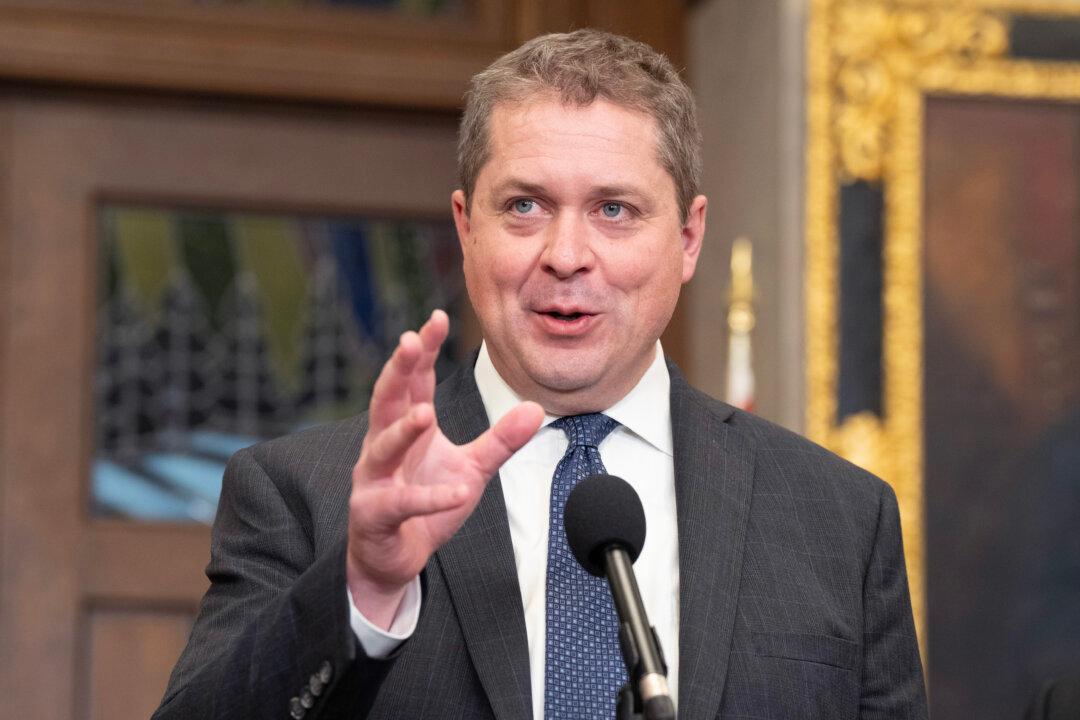Conservative Leader Pierre Poilievre plans to table a non-confidence motion next week in a bid to trigger an election and topple the Liberal government.
The motion reads, “The House has no confidence in the Prime Minister and the Government,” and will be up for final vote on Sept. 25.





